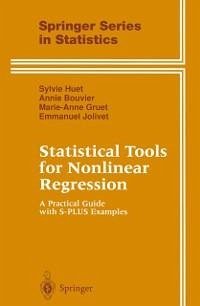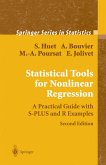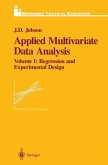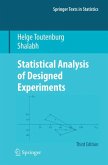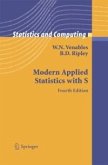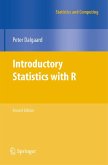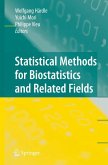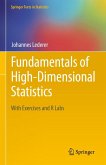The examples are analyzed with the free software nls2 updated to deal with the new models included in the second edition. The nls2 package is implemented in S-Plus and R. Its main advantages are to make the model building, estimation and validation tasks, easy to do. More precisely,
Complex models can be easily described using a symbolic syntax. The regression function as well as the variance function can be defined explicitly as functions of independent variables and of unknown parameters or they can be defined as the solution to a system of differential equations. Moreover, constraints on the parameters can easily be added to the model. It is thus possible to test nested hypotheses and to compare several data sets.
Several additional tools are included in the package for calculating confidence regions for functions of parameters or calibration intervals, using classical methodology or bootstrap. Some graphical tools are proposed for visualizing the fitted curves, the residuals, the confidence regions, and the numerical estimation procedure.
This book is aimed at scientists who are not familiar with statistical theory, but have a basic knowledge of statistical concepts. It includes methods based on classical nonlinear regression theory and more modern methods, such as bootstrap, which have proved effective in practice. The additional chapters of the second edition assume some practical experience in data analysis using generalized linear models. The book will be of interest both for practitioners as a guide and a reference book, and for students, as a tutorial book.
Sylvie Huet and Emmanuel Jolivet are senior researchers and Annie Bouvier is computing engineer at INRA, National Institute of Agronomical Research, France; Marie-Anne Poursat is associate professor of statistics at the University Paris XI.
Dieser Download kann aus rechtlichen Gründen nur mit Rechnungsadresse in A, B, BG, CY, CZ, D, DK, EW, E, FIN, F, GR, HR, H, IRL, I, LT, L, LR, M, NL, PL, P, R, S, SLO, SK ausgeliefert werden.

